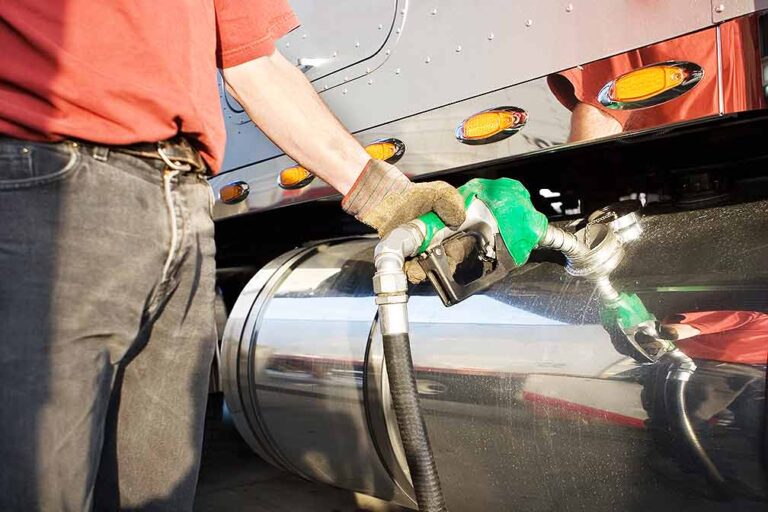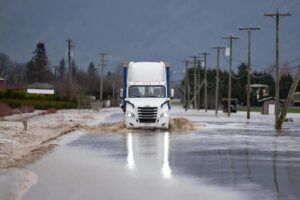OLYMPIA, Wash. — Three states that would be affected by a proposed 6-cent per gallon tax on fuel exported from Washington state are pushing back on the plan and threatening to retaliate if it is signed into law.
The tax — part of a $16.8 billion transportation revenue package that has cleared the state Senate and is working its way through the House — is projected to raise around $2 billion over the course of 16 years.
The Seattle Times reports lawmakers from Alaska, Oregon and Idaho are strongly opposed to the move, and making their feelings known through resolutions, calls and op-eds.
“Washington taking unilateral action to increase gas prices for Oregon families and businesses is unacceptable,” Oregon Gov. Kate Brown said in a tweet last week.
Brown, who said she conveyed her displeasure to Washington Gov. Jay Inslee in a phone call last week, wrote an op-ed Tuesday urging him to “put this bad idea back on the shelf, where it belongs.”
Alaska Gov. Mike Dunleavy encouraged his constituents to call Inslee’s office to oppose the tax, and the Idaho House of Representatives on Tuesday unanimously approved a joint memorial calling on Inslee to veto the tax if it comes to his desk, warning that the Legislature “will take any and all actions necessary to block this new tax,”
Idaho’s governor and attorney general also asked Inslee in a letter to veto the tax.
Jaime Smith, a spokeswoman for Inslee, said that the Democratic governor will sign the transportation revenue package if it makes it to his desk.
“Funding sources are always a point of debate, and this plan is no different,” Smith said.
The tax would apply to any fuel products exported from Washington’s five refineries, which have historically been exempt from the state’s gas tax. Lawmakers say the new revenue stream was needed in order to not raise the state’s gas tax.
Washington has the fifth-largest crude oil refining capacity in the country. Democratic Sen. Marko Liias, chair of the Senate Transportation Committee, and other Democrats argue the tax would help spread out the environmental burden caused by Washington’s refineries.
Ninety percent of the refined petroleum used in Oregon is imported from Washington, according to the U.S. Energy Information Administration. Idaho has a more diverse array of sources but has no refineries. Alaska, meanwhile, is the second-most petroleum-dependent state in the country, behind only Hawaii, and exports much of its crude oil.
“This is a modest cost that has a huge return on investment, both for our state but also for our partner states,” Liias said. As for the threats from neighboring states, Liias said, “I think a lot of it is rhetoric.”
But in Alaska, Republican Rep. Kevin McCabe, is proposing a set of retaliatory taxes if Washington’s goes into effect — 6-cents per pound of exported fish; a 6-cent per-foot mooring fee; and a $15 per-barrel surcharge on crude oil sent to Washington for refining.
“I want people in Washington to understand that Alaska is not going to take this taxation without representation lying down,” McCabe said.
The Associated Press is an independent global news organization dedicated to factual reporting. Founded in 1846, AP today remains the most trusted source of fast, accurate, unbiased news in all formats and the essential provider of the technology and services vital to the news business. The Trucker Media Group is subscriber of The Associated Press has been granted the license to use this content on TheTrucker.com and The Trucker newspaper in accordance with its Content License Agreement with The Associated Press.














